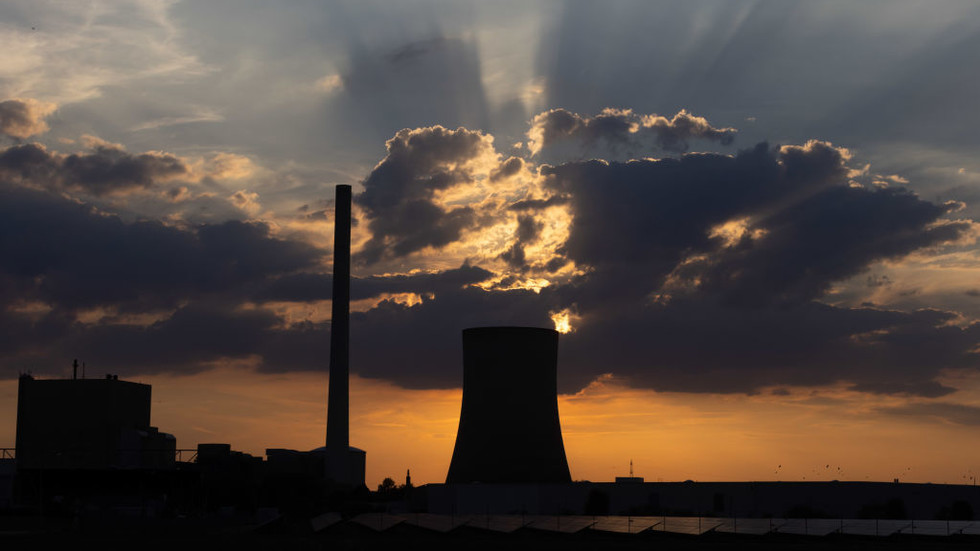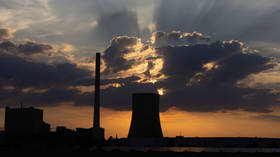
Uniper is facing financial ruin after the reduction in Russian natural gas supplies

© Getty Images / picture alliance
Berlin is getting ready to boost financial aid to Uniper, the country’s largest gas supplier, which has been brought to the brink of insolvency due to rising energy prices, Bloomberg reported citing sources familiar with the matter.
According to the report, the government may up the aid to €60 billion ($60 billion). The plan comes as the company’s financial situation is quickly worsening due to growing wholesale gas prices prompted by diminishing flows from Russia. Uniper’s adjusted net loss for the first nine months of the year reportedly amounted to €3.2 billion ($3.2 billion). And if gas prices do not subside, which is unlikely due to the approaching winter and the subsequent growth in demand, the government will have to spend twice as much to bail out the energy giant than previously expected.
German authorities announced plans to nationalize Uniper last month as part of efforts to keep the energy industry afloat amid the crisis. Uniper has been promised around €31 billion in aid from Berlin’s €200 billion energy aid package. In exchange, the government will acquire a 98.5% stake in the firm, which effectively means its full nationalization. The law cementing the deal is reportedly scheduled to be confirmed by the German Senate on Friday, and the funds could be transferred to Uniper next week, Bloomberg sources said.

In an interview with Bloomberg, German Deputy Finance Minister Florian Toncar said Berlin will do all in its power to ensure Uniper remains operational but did not comment on the size of the aid.
“Uniper is a crucial company for the gas supply in Germany, otherwise we wouldn’t jump to such high stakes,” he was cited as saying.
While European benchmark gas futures have fallen about 70% from their August highs on nearly full storage and liquefied natural gas (LNG) deliveries, gas prices remain around three times higher than the five-year average. According to Uniper, the company is forced to pay much more for gas now than it did for the pipeline supplies from Russia.
For more stories on economy & finance visit RT’s business section




